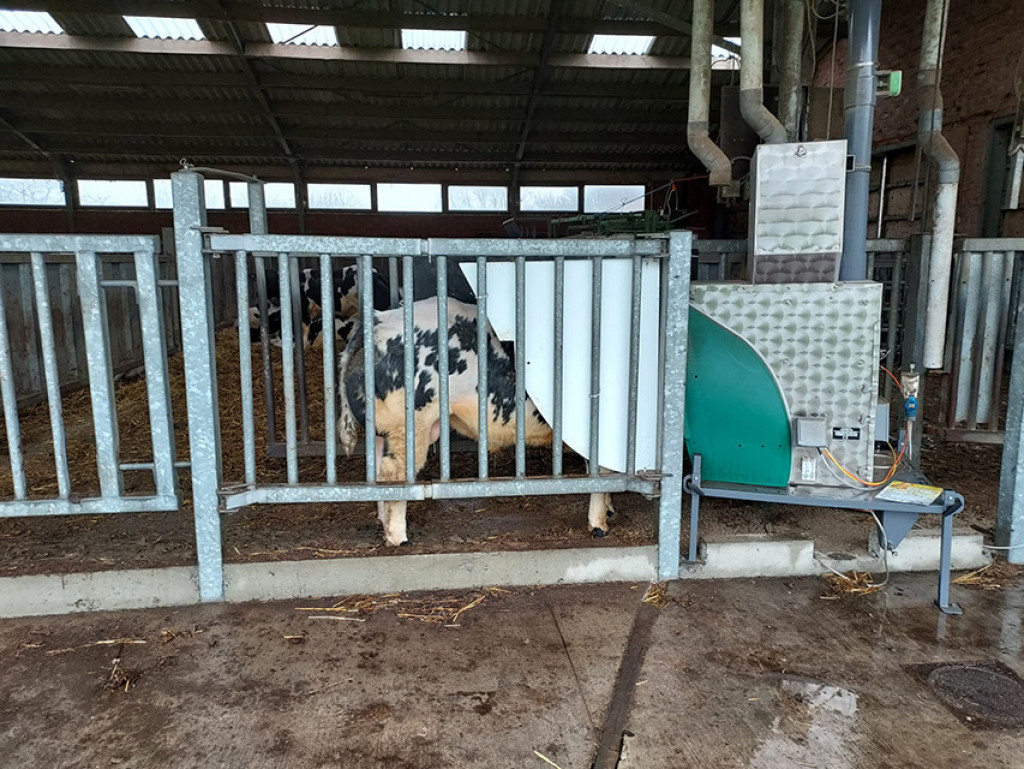The global population has just exceeded the eight billion thresholds. Covering the food needs with intensifying pressure on the environment is a sizeable challenge. It is necessary to specify the position that livestock farming systems must play in our agri-food systems. Livestock is often singled out for blame due to (1) its competition with humans, in terms of food resources use and therefore cropped land use, (2) its contribution to greenhouse gas emissions and methane in particular, (3) its nitrogen emissions, etc.
Nevertheless, in a world with limited resources, livestock can play a key role in maintaining the fertility of cultivated soils. A solution would be the implementation of a more circular economy with the enhancement of crop co-products valorisation and as a result, a better closure of nutrient cycles. Livestock also contribute to the transfer of nutrients from areas that are not conducive to crops (permanent pastures necessarily) to crop areas. This role is vital in organic agriculture where the nitrogen deficit is a real obstacle to crop production.
In this context, SPOt aims to explore the relevance of mixed crop/livestock combination to achieve climate neutrality and maximise food production for humans. This approach will take into account the expectations of major socio-economic actors of Centre-Ardenne, an area that is mainly focused on breeding beef cattle, and of the European Green Deal. Two mixed crop-livestock systems are implemented and followed up. One of them incorporates 70% permanent pastures and 30% cash crops while the opposite proportions are applied in the second. The rotation over six years of cash crops involves potato, vegetables, two cereal-protein crop associations, spelt and rapeseed. A discussion is led at the same time, with the stakeholders in the Centre-Ardenne region and the agri-food sectors to support the valorisation of these productions.






